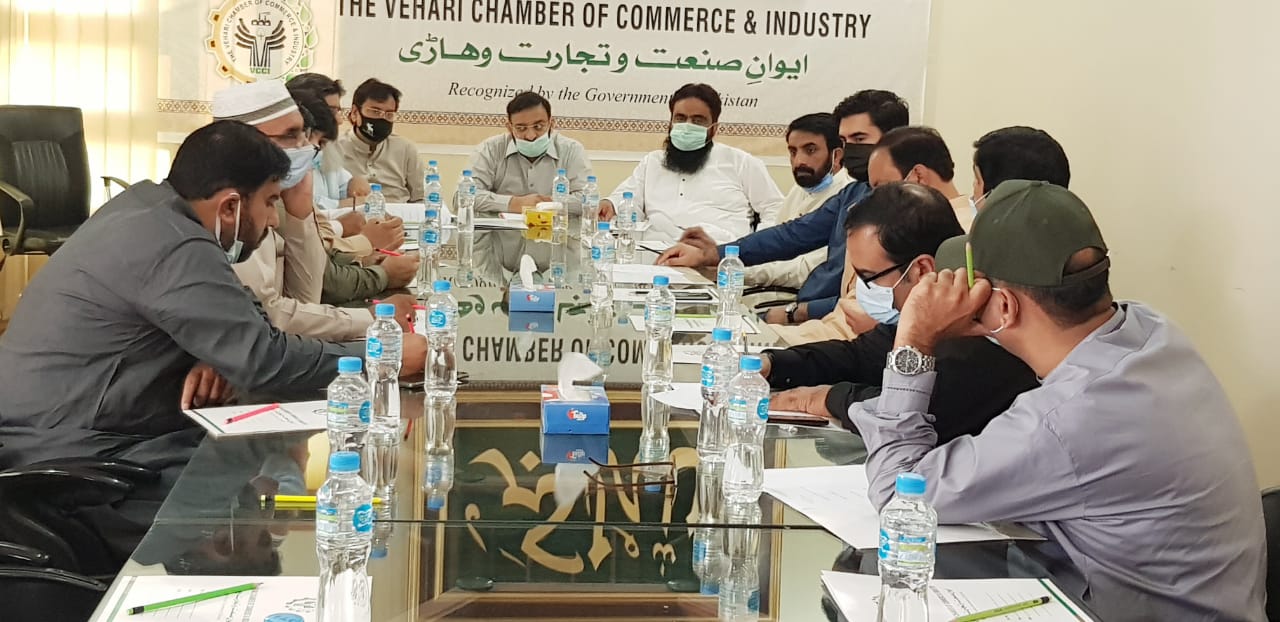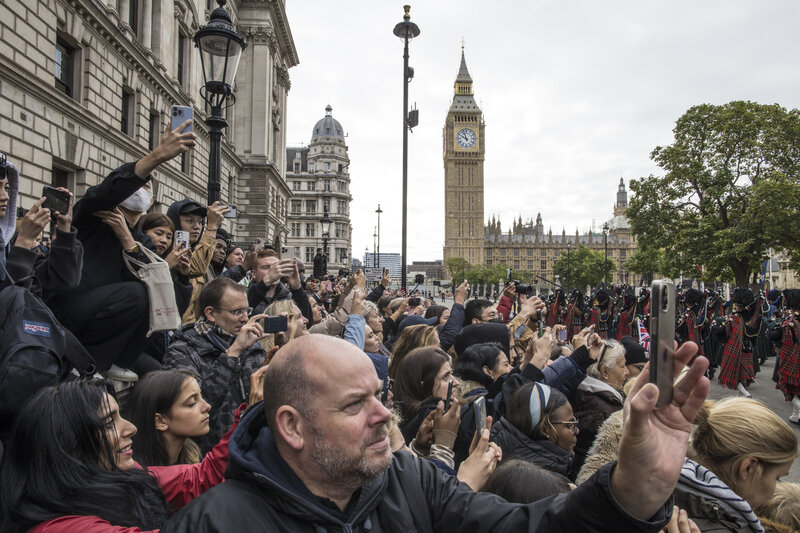BY: NIMRA AROOJ & DR SAIMA KAYANI
In the realm of international relations, sports diplomacy has emerged as a powerful tool for
fostering goodwill, building bridges between nations, and promoting peace. Among the various
sports, football holds a unique position due to its universal appeal and ability to unite people
across cultural and political divides. Germany, with its rich footballing heritage and commitment
to international cooperation, has proficiently harnessed the power of football to enhance its
diplomatic efforts and build global bridges.
Football, often referred to as the world’s game, transcends linguistic, cultural, and political
barriers. It is a sport that commands a global audience, with billions tuning in to watch major
tournaments like the FIFA World Cup. Germany has long recognized the unifying potential of
football, whose universal appeal makes it an ideal platform for diplomacy by reaching diverse
audiences and fostering mutual understanding. The country's passion for the sport is evident in
its successful domestic league, the Bundesliga, and its national teams' impressive performances
on the international stage. However, beyond the competitive aspects, Germany has strategically
used football as a means to promote international cooperation, cultural exchange, and social
development.
One of the most significant examples of Germany’s sports diplomacy through football was the
2006 FIFA World Cup, hosted by Germany. Dubbed the “Summer Fairytale,” the tournament
was not only a sporting success but also a diplomatic achievement. Germany's meticulous
organization and warm hospitality left a lasting impression on visitors from around the world,
showcasing the country's capacity for openness and inclusivity. The 2006 World Cup served as a
platform for Germany to promote its values of tolerance, diversity, and international friendship.
The event brought together people from different cultures, fostering a spirit of camaraderie and
mutual respect. It also provided an opportunity for Germany to reframe its global image, moving
away from the historical shadows of the 20th century and presenting itself as a modern,
welcoming, and forward-thinking nation.
Germany’s commitment to using football as a tool for development and peace is evident in its
various international initiatives. The German Football Association (DFB) and numerous NGOs
have implemented programs that leverage football to address social issues, promote education,
and support youth development in different parts of the world. One notable initiative is the
Football for Development program, which uses the sport to foster social inclusion, health
education, and conflict resolution in developing countries. By partnering with local
organizations, Germany has helped build football facilities, train coaches, and provide
educational materials, thereby creating safe spaces for young people to learn and grow. In post-
conflict regions and areas affected by social strife, football has proven to be a powerful tool for
uniting communities and promoting reconciliation. The simple act of playing football can break
down barriers, build trust, and offer a sense of normalcy and hope. Germany’s participation in
these initiatives highlights its commitment to using sports diplomacy to foster global peace and
stability.
Germany has also utilized football to promote gender equality and empower women and girls
globally. The DFB and other organizations have played a key role in supporting women's
football, both within Germany and internationally. Initiatives focused on developing women's
football in countries where the sport is less established have helped challenge gender stereotypes
and create opportunities for female athletes. In countries where women's participation in sports is
limited due to cultural or societal constraints, Germany's support for women's football has been
particularly impactful. By providing resources, training, and platforms for competition, Germany
has helped to elevate the status of women's football and advocate for gender equality in sports.
While Germany’s sports diplomacy through football has achieved notable successes, it is not
without challenges. The commercialization of football, issues related to corruption within
international football organizations, and the need for sustainable development practices are some
of the obstacles that need to be addressed. To maintain and enhance its role in sports diplomacy,
Germany must continue to uphold the integrity of the sport and advocate for transparency and
fairness within football governance. Additionally, ensuring that football development programs
are sustainable and have long-term positive impacts on communities is essential. Looking ahead,
Germany has the opportunity to further leverage its footballing expertise and diplomatic acumen
to address global challenges. As climate change, social inequality, and geopolitical tensions
persist, football can serve as a powerful platform for raising awareness, mobilizing action, and
fostering international solidarity.
Germany’s use of football as a tool for sports diplomacy exemplifies the sport's potential to build
bridges and promote positive change. Through hosting major tournaments, supporting
development programs, promoting gender equality, and fostering integration, Germany has
demonstrated how football can be harnessed to advance diplomatic goals and contribute to global
peace and unity. As the world continues to navigate complex challenges, the spirit of football –
with its emphasis on teamwork, fair play, and mutual respect – can inspire and guide efforts to
create a more just and harmonious world. Germany's leadership in sports diplomacy, particularly
through football, offers a compelling model for other nations to follow, highlighting the
profound impact that sports can have on international relations and human development.












